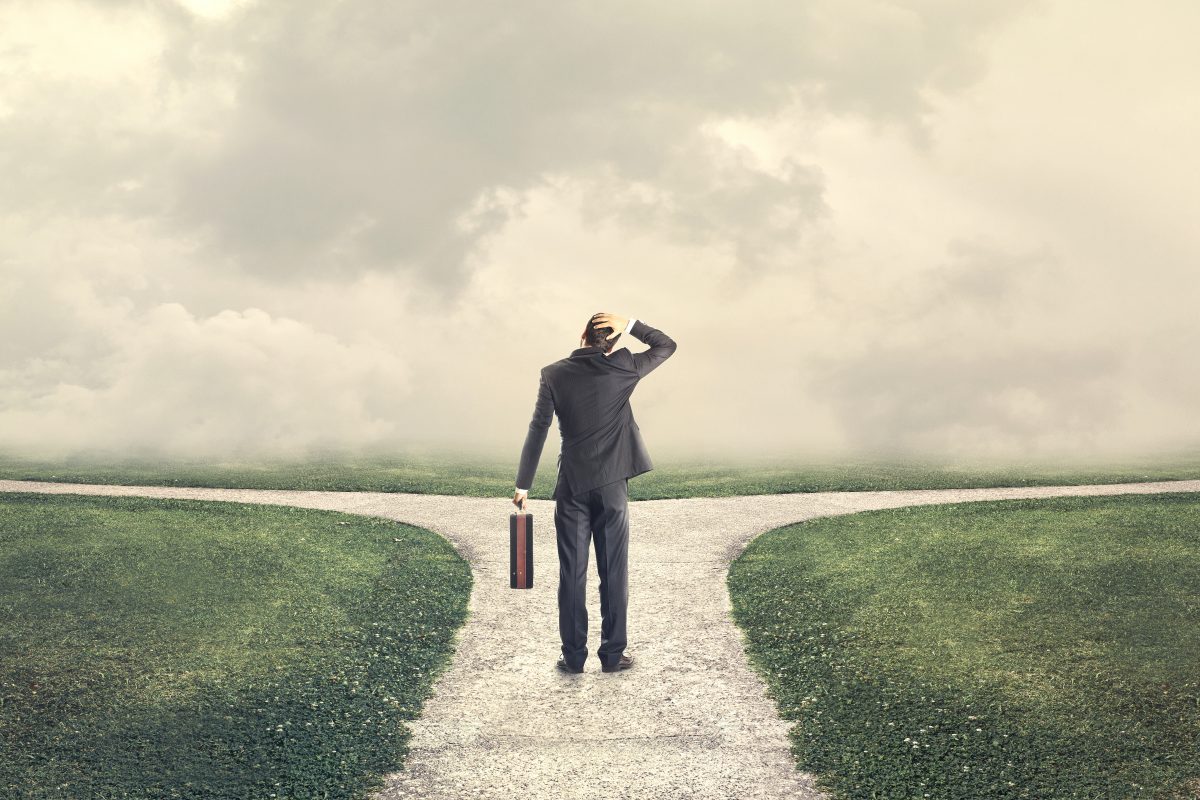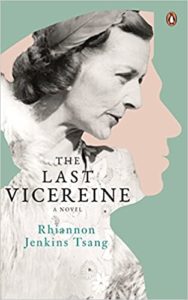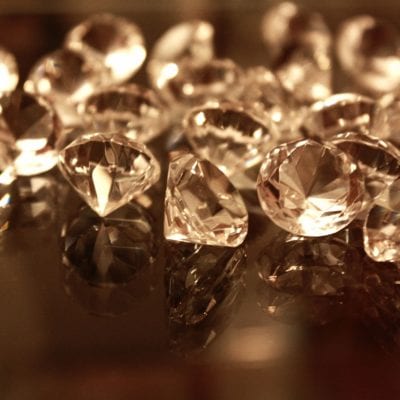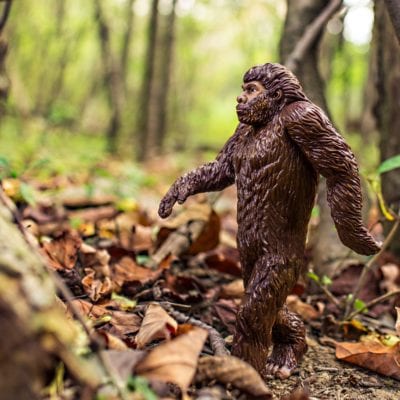Can We Learn From the Past?
Hurrah! A Covid vaccine is on its way, but what next?
It’s no surprise that this last year has made many of us sit back and think, even analyse the world around us a little more. Being locked in our houses with little to do but read, write and watch Netflix, it’s hardly surprising if our brains drift into the land of ‘what if’ and wonder how our world might be made into a better place.
As an author, I live for these kinds of questions, they prompt stories in my mind; but these last months have made me stop and think about ‘break-points’ not only in the past but how our current break-points will fundamentally change the world around us as we know it.
There can be many break-points our lives, moments when everything changes.
They can happen in many ways; a birth or a death, the falling of bombs, an invasion, a famine, a redundancy, a criminal conviction, a divorce, a medical diagnosis, an accident, or even just a break-up with a partner.
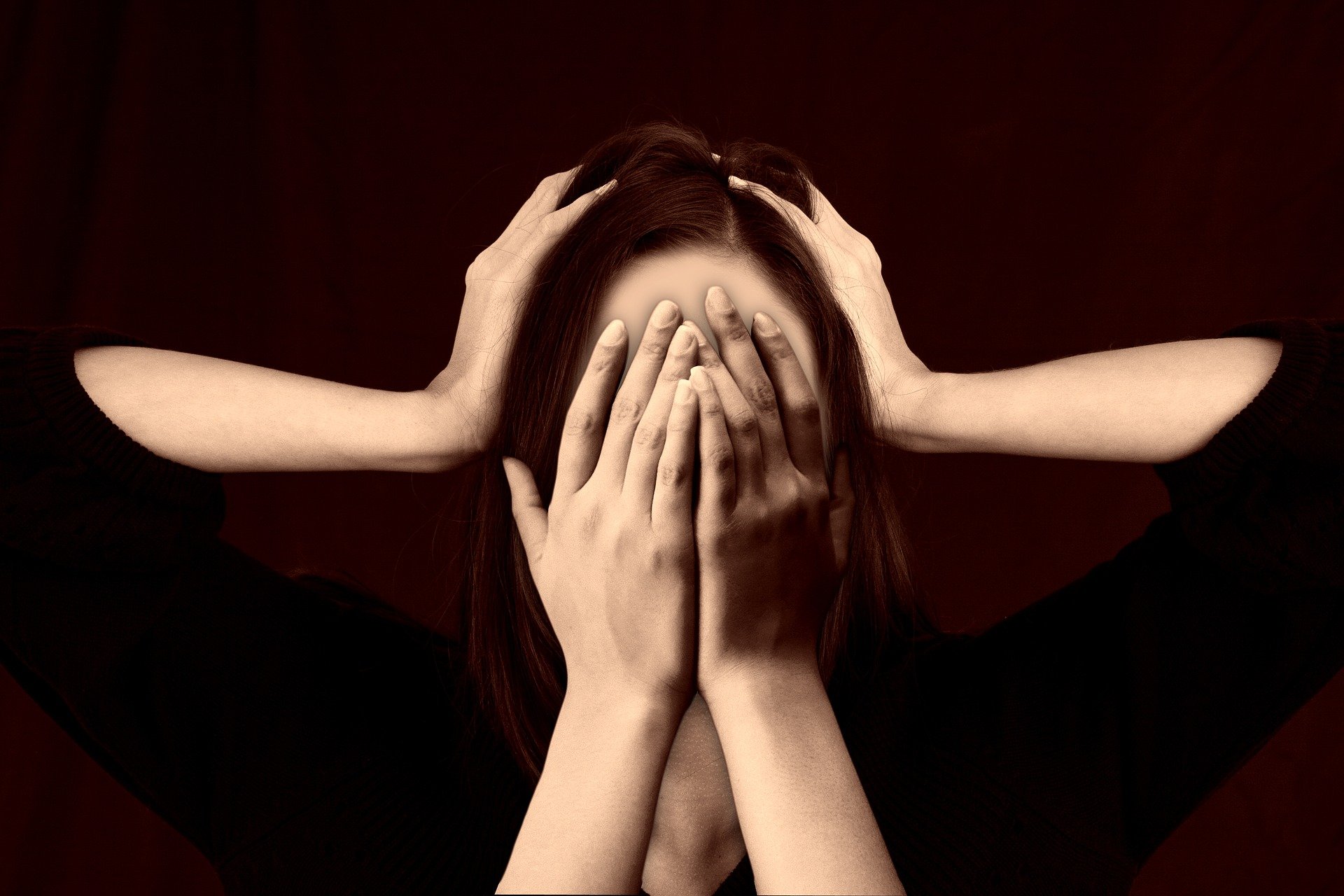
Few of us will get through life without a crisis that brings with it a realisation that there can be no going back. I vividly remember the day 9/11 happened. I was in Barclays Bank and all the staff and customers were staring, open-mouthed at the TV screen on the wall watching the plane fly into the twin towers. I knew then that our world was changed.
On a more personal level, many years ago, one Monday at work, a colleague casually dropped a fax from Hong Kong onto my desk. It was from someone I had loved very much and split up with barely six months previously. The business-like message announced that he got married on Saturday and that his new wife was three months pregnant. It was as if I had been kicked in the stomach, my world darkened, and the sky fell in around me.
2020 has brought with it many break-points. Not just for each person individually, but for our country and for our world.
As a novelist, I have long been fascinated by historical and cultural fault lines. When I was a student of Chinese in the mid 1980’s, I worked and studied in Taiwan (The Republic of China, ROC) and Communist China (The People’s Republic of China, PRC). Crossing the border between the two ‘Chinas’ that had been divided by a brutal civil war in 1949, I saw at first hand how this cataclysmic event had ripped an ancient culture up by its roots, torn families apart and changed lives forever. The hasty decisions people took in the run up to the Communist takeover of China in 1949, whether to stay, whether to flee the country, which side to choose, affected not only their own futures but those of their children and grandchildren.
In 1980’s Communist China, I discovered that conditions were harsh, food was still rationed and people were living in fear. The nation was just recovering from the anarchy and chaos of Chairman Mao’s regime. In Taiwan on the other hand, the small island was flourishing, manufacturing cheap clothing and plastic toys for the world. Fake Rolex watches and Gucci handbags were for sale on every street corner, and the military dictatorship was making the first steps in the move towards democracy.
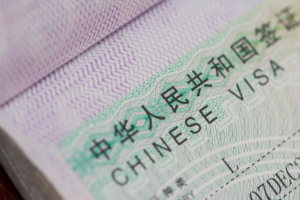
I was just nineteen and twenty at the time. I listened, I watched, and I learned. All around me, on both sides of the border, were living characters from Chinese history:
The conscript into the Imperial Japanese merchant navy, the Red Guard who regretted that he had once beaten “capitalist roadster” neighbours in the street but was nice as ninepence to me. The man who made tea at the university and kept a watchful eye on us students, was old soldier who had fled China in 1949. I still remember how his gold teeth glistened when he chortled, and his lisping Sichuan Mandarin that was so difficult to understand.
People on both sides of the divide would whisper their stories to me in dark corners when no one was looking before quietly asking “So how is it over there?”
Some years later, my Chinese mother-in-law told me her own stories, including how in 1949, she arrived as a refugee in Hong Kong with her first-born baby and a loaded revolver in an old suitcase. She did not return to China for another fifty years by which time her brother who had stayed in Communist China, was already dead.
These stories of division, of loss, of the calamitous destruction of the old Chinese world, the 1989 Tiananmen Massacre, and the handover of Hong Kong to China, become part of me as they conditioned the experience of those with whom I have shared my life.
They became my story too. In time they formed into my debut novel, The Woman Who Lost China.
The world as we knew it has been forced to a juddering, screeching emergency stop […] Through it all, we are changed.
My second novel, The Last Vicereine, was written on a vastly different canvas to my first book, yet shaped by similar themes. It tells the story of the great love affair between the last British Vicereine of India, Lady Edwina Mountbatten, and the first Prime Minister of the new India, Pandit Jawaharlal Nehru, a couple from opposing sides in the battle for Indian independence. The novel is set against the tumultuous and tragic events surrounding the transfer of power from the United Kingdom to India in 1947. The division of India along religious grounds and the creation of East and West Pakistan caused millions of deaths and threw millions of people out of their homes and off their lands. Seventy years on, the searing legacy of partition lives on.
In 1949 in China and 1947 in India, entire worlds changed forever. For countless souls, there could be no going back.
And now in 2020 we are in the middle of a global pandemic. I do not think that the destruction wrought by Covid 19, terrible though it is, is comparable to that of the two world wars and their aftermath. Most of us are well fed and comfortable, in our own homes, albeit lonely and in some case struggling with a terrible burden of grief. It is however too soon for any accurate reckoning of the economic and social cost to be established.
We are too close to the experience to have formed clear perspectives.
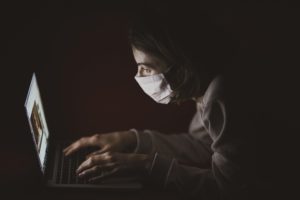
But one thing is certain. The Covid-19 crisis marks a turning point, a dramatic break with the past.
The world as we knew it has been forced to a juddering, screeching emergency stop. Many old certainties, businesses and institutions have crumbled to dust before our very eyes. Through it all, we are changed.
What exactly the future will be is impossible to predict. It is safe to say that there will changes in working patterns, the mode of delivery of education, goods and services, investment strategies, and travel patterns.
Remember how easy travel used to be before 9/11 when you could just stroll into the departure hall of an airport without the comical strip tease at security where we have to divest ourselves of watches, jewellery, electronics, belts, shoes, boots, coats? Yes, you know the drill!
As we limp exhausted over the 2020 finish line, grasping for a vaccine and hoping for better things, I hope that we as individuals take time to learn from this period of introspection and grief, and consider reordering our priorities.
There can be no going back to the way the world was before Covid 19. Too much has been lost, too many inequalities and injustices have been exposed.
Just as the international community used the post-war period to construct a new world order including setting up organisations such as The United Nations, and made laws aimed at preventing further wars of aggression, atrocity and genocide, we now must seize the day and make changes to the way we live our lives.
We need to learn from past mistakes and move forward with a greater understanding of the future we want to create. As a society, I pray that we put the environment first, before it is too late.
Looking back, I take courage from the people I have known in my life who have survived far greater challenges than we currently face.
We can and will adapt. We must.
If you would like to know more about Rhiannon and her books, you can follow her on social media using the following links: Facebook | Twitter |
You can purchase a copy of The Dream that Held Us, and The Last Vicereine by clicking on the images below.
